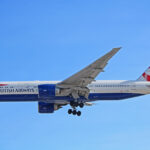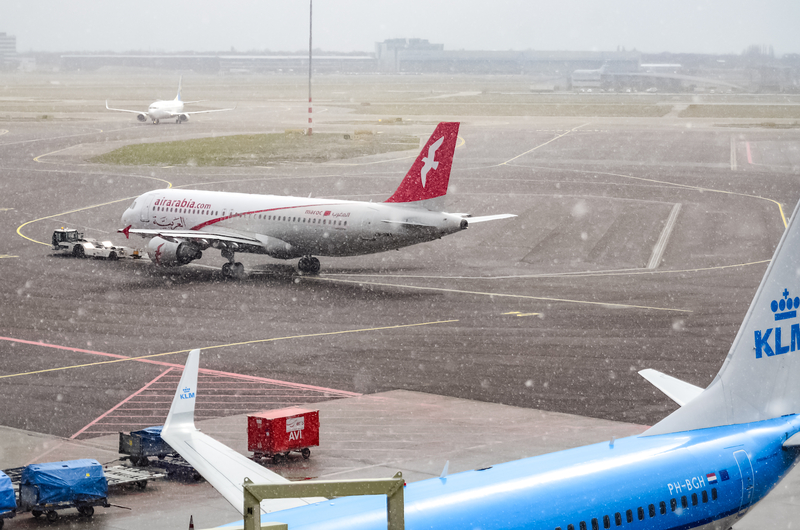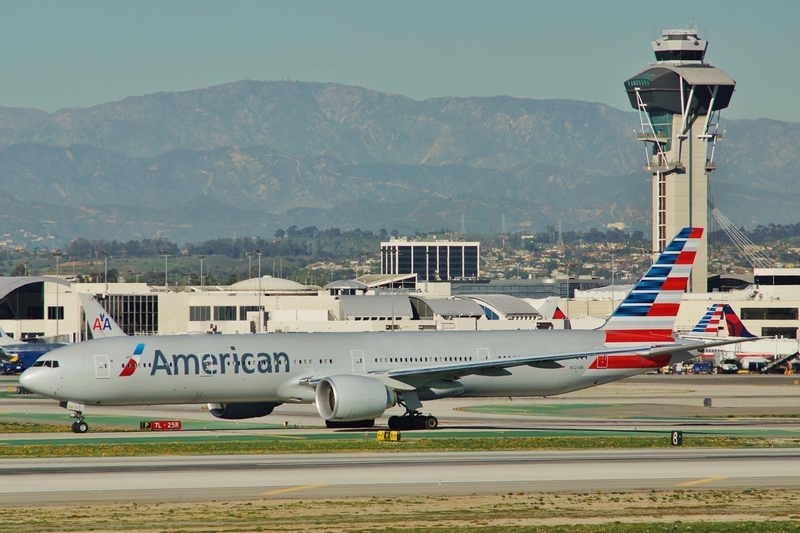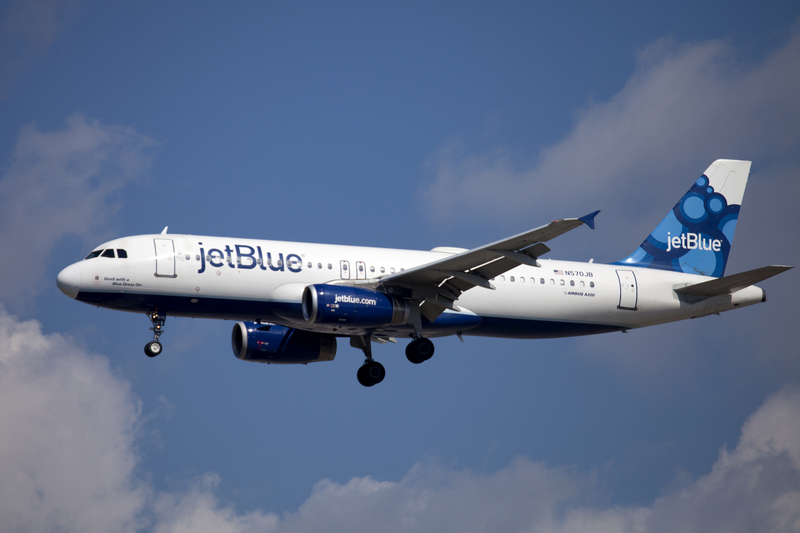British Airways Upgauges Nashville – London To Airbus A350-1000 From Summer 2026
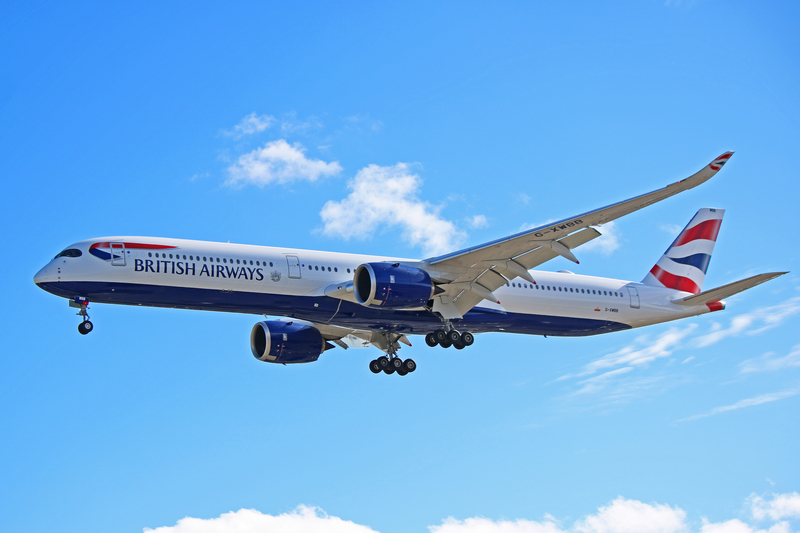
ID 160372359 © Tom Samworth | Dreamstime.com
British Airways will deploy its Airbus A350-1000 on the daily London Heathrow (LHR)–Nashville (BNA) service from March 29, 2026, replacing the Boeing 777-200ER that has typically flown the route in peak season. The move lifts capacity, improves the onboard experience—especially in economy—and underscores the carrier’s confidence in Music City’s transatlantic demand.
What’s changing
BA223/BA222 will keep broadly the same timetable (about 9h10 eastbound and 8h10 westbound), but the aircraft swap is significant. The A350-1000 carries 331 seats in BA’s latest four-door Club Suite configuration—56 Business, 56 Premium Economy (World Traveller Plus), and 219 Economy (World Traveller)—versus 272 seats on BA’s three-class 777-200ER (48/40/184). That’s an increase of 59 seats per flight and a sizable bump in premium capacity.
In winter seasons, Nashville has often seen the smaller 787-8; BA hasn’t indicated if the Dreamliner will continue off-peak once the A350 arrives for summer, but the seasonal upgauge signals robust summer demand and healthy cargo flows.
Why A350 matters for passengers
While Club Suite and Premium Economy seat models mirror those on the refitted 777-200ER, the A350-1000 brings a quieter cabin, lower pressurization altitude, and wider Economy seats (typically 3-3-3 on A350 vs. 3-4-3 on many 777s). Travelers should notice less engine hum, gentler humidity, and a more modern cabin aesthetic. Business class retains direct aisle access and sliding doors; Premium Economy gains both extra capacity and a refreshed hard product.
Why it matters for BA (and BNA)
-
Capacity & mix: More seats where BA can sell them—especially high-yield premium seats—without adding frequencies or slots at Heathrow.
-
Cargo upside: The A350-1000 offers strong belly-hold volume, and on a relatively short transatlantic sector, weight margins allow additional freight—useful for Tennessee’s healthcare, auto, and music/entertainment shipments.
-
Fleet commonality: BA is steadily shifting long-haul flying to newer widebodies (A350-1000, 787-10, and eventually 777-9), reducing fuel burn and maintenance costs versus aging 777-200ERs.
Network context
British Airways has leaned into US secondary markets more than most European carriers. Nashville—launched in 2018 and grown to year-round daily service—has matured into a solid performer thanks to strong local O&D and one-stop connectivity via Heathrow to Europe, the Middle East, India, and Africa. The A350-1000 swap aligns with a broader BA trend of pushing newer widebodies into proven leisure-plus-business markets outside the obvious US megahubs.
Bottom Line
From late March 2026, Nashville–London gets a larger, quieter, and more comfortable flagship widebody. Expect more premium seats, wider economy seats, and added cargo capacity—a clear vote of confidence in the market and another step in BA’s steady retirement of 777-200ER summer duties on strong transatlantic city pairs.
